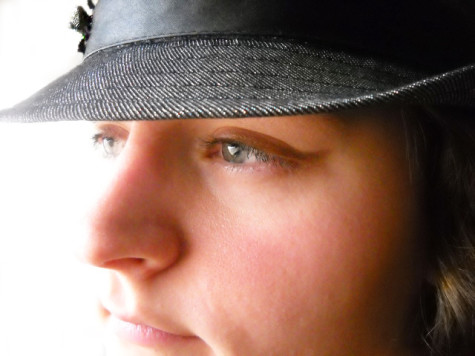You’re coughing, sneezing, and you’re convinced your nose is preparing to run a marathon with how many tissues you’ve been going through. The dark circles under your itchy, watery eyes make you look like warmed-over death, and you swear the back of your throat feels funny. You somehow must have caught a cold, right?
Maybe not.
“Fall allergy season arrives just before blasts of cooler weather start to blanket the country. Not long after, cold and flu season hits in earnest, and indoor winter allergies kick in,” stated The Weather Channel’s website (www.weather.com).
What causes allergies? It’s your body mistaking harmless substances, like dust or pollen, and attacking them as if they were germs. Allergy symptoms are a product of an overactive immune system.
“Your body releases chemicals such as histamine, just as it does when fighting a cold,” said WebMD. “This can cause swelling in your nasal passages, a runny nose, coughing, and sneezing.”
“Allergies generally cause quite a bit of itchiness, including itchy eyes and a scratchy throat due to postnasal drip,” stated the Healthline website (www.healthline.com). “This also causes the sore throat and coughing symptoms that can cause an allergic person to mistake his or her symptoms for a cold.”
Please note, with allergies you will not have a fever. If you develop a fever, seek medical attention. Also, allergies are not contagious. However, if not taken care of properly, allergies can cause a sinus infection or a middle ear infection.
To reduce the chances of infection, and to relieve the symptoms, doctors recommend using decongestants, antihistamines, nasal steroids, and/or allergy shots. Getting extra sleep and drinking plenty of water or other fluids will also aid in making you feel better faster.
If you think you have developed allergies, or if your “cold symptoms” seem severe or not improving, see your doctor for a diagnosis and treatment plan.

